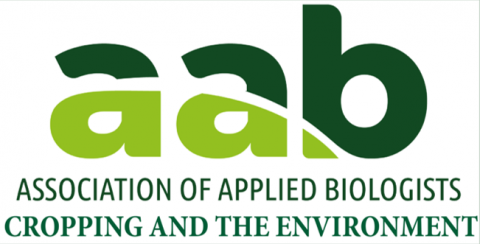There is no single definition of “regenerative agriculture”, with interpretations varying between practitioners; but it can broadly be defined as “an approach to farming that uses soil conservation as the entry point to regenerate and contribute to the delivery of food production and other ecosystem services”.
In practice, regenerative agriculture can be broken down into 5 key principles: 1) reduced soil disturbance; 2) retention of green cover; 3) retention of living roots in the soil; 4) crop diversification and 5) integration of livestock into rotations.
It is recognised that there is a need to bring together the scientific evidence supporting the implementation of regenerative agriculture, to help evaluate the potential benefits and challenges for food production, the environment and farm profitability, across different agroclimatic zones and farming systems. This conference will bring together researchers, consultants, farmers, agronomists and students to share research findings.
We invite abstracts that address the impact of regenerative farming on: soil, water & air quality, crop performance, pest management, farm economics and greenhouse gas balances & biodiversity and social barriers to uptake. Submitted abstracts can address either regenerative practices (e.g. crop residue retention, cover crops or companion cropping, reduced tillage, use of organic manures, diverse rotations), or whole system approaches (e.g. integrating livestock into rotations, integrated pest management, mob grazing or farm case studies).
The conference will include sessions on the above listed topics and subject area, and will conclude with a panel discussion which we hope will include farming representatives. The objective of the panel discussion will be to challenge scientists to work with farmers, in order to help develop the evidence base to support and justify the transition into regenerative agriculture. We hope that a position paper/statement can be generated from this discussion.
Sessions will be built around topics that are linked to the principles of regenerative agriculture.
1) Reducing soil disturbance
2) Retaining green cover
3) Retaining living roots
4) Diversification of crops
5) Integrating livestock into crop rotations
Invited speakers and Panel members
Lizzie Sagoo, Soil Scientist, ADAS Sustainable Agriculture Systems.
Alastair Leake, Director of Policy · The Game & Wildlife Conservation Trust
Ruth Wade, Research Fellow, University of Leeds
Call for Abstracts
We encourage submission of abstracts from all sectors interested in Regenerative Agriculture including those in academia, policy, farming or industry. We are very interested in promoting research on the impact of Regenerative Agriculture








